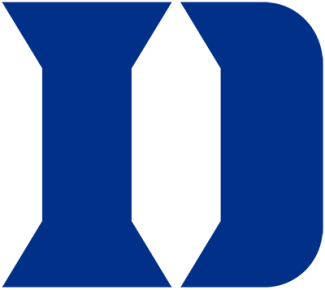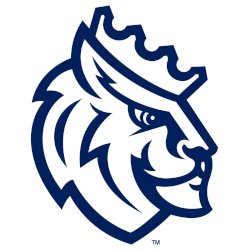CJ Kirst hasn’t been around college lacrosse forever. It just might seem that way from afar.
Vaunted recruit. Instant impact as a freshman. Tewaaraton candidate. An elder statesman of sorts as his final season at Cornell is about to begin. Not to mention all those times he watched his older brothers as their careers were getting underway.
It might look a bit extraordinary, all spelled out. It’s just normal for the Big Red attackman, at least once an atypical event — the pandemic that cost him his senior year of high school (2020) and first season at Cornell (2021) — is factored out.
“I remember my real first year of playing college lacrosse, I was reminded every day by not only that senior class but our coaching staff just of those past couple years,” Kirst said. “Just trying to think about that now as a senior and being super-thankful to have the opportunity to continue playing. And even just outside of it, I have the real world coming soon. I’m trying not to rush that.”
Nor should he. There is still work to be done at Cornell, which opened the season Saturday with an 18-10 victory at Lehigh. The USA Lacrosse Division I Men’s Preseason Player of the Year, Kirst led the way with six goals on 6-of-10 shooting.
And there is a lot to draw from, both from his family and his time with the Big Red.
Older brothers Connor (midfielder at Villanova and attackman at Rutgers), Colin (goalie at Lehigh and Rutgers) and Cole (attackman at Lehigh and Syracuse) all had extensive college careers broken up by the pandemic. Indirectly, CJ Kirst gleaned lessons from the coaches and players his siblings had been around.
More directly, there was plenty to learn in Ithaca. In 2022, he figured out how to play more of an off-ball role while working alongside dominant dodgers Michael Long and John Piatelli. The next season, he wanted to step into the role of a No. 1 attackman and was determined to make his weak (right) hand as dangerous as his strong (left) hand.
Last spring, it was more of a dual role on the way to a 45-goal, 22-assist season that moved him into second place on Cornell’s career goals list (165), 10th in assists (65) and fifth in points (230).
The rest of the Big Red’s 200-point club is a Who’s Who of program legends — Rob Pannell, Mike French, Jeff Teat and Eamon McEneaney. And as Kirst begins the final months of his college career, he’s taken aim at something else he wants to improve upon.
“You think about the game when you’re younger and you always hear it’s so fast,” Kirst said. “As I’ve gotten older, I’ve slowed the game down a little bit and learned that you don’t always have to go 100 miles an hour to get the right shot or the right pass. You have to see the game at a slower pace than everyone else. When you have that higher IQ, I feel like it gives you a huge competitive advantage.”
Anything that would give Kirst a further advantage can’t be an especially welcome development for the Ivy League and beyond, especially in a year when Cornell will be especially incentivized. The Big Red missed out on the NCAA tournament after falling in the title game in 2022 and dropping a first-round game at home against Michigan the following season.
In a way, it’s a full-circle moment in Kirst’s career, since Cornell was one of six Ivies to reach the postseason in a belated, prove-it return to competition after the pandemic.
“After not making the tournament last year, I think every single day we go in with the mentality of, ‘We’re here to win a national championship, and nothing else matters,’” Kirst said. “If you can keep your teammates accountable and make sure they’re bringing a national championship effort, you can hold yourself to that high standard.”
However the season turns out for Kirst, the most obvious through-line for him is his siblings. The once-teenage lax rats are pretty much all grown up — the youngest of the five, Caden, is a freshman goalie at Rutgers — but they’re still talking about the same thing they always have.
“It’s something we’ve always had a different relationship with and grown closer because of it — always breaking down different aspects of the game and what we think works and what we think doesn’t work,” Kirst said. “Even the phone calls now that we have with each other, they’re always asking about certain schemes and whatnot. It’s something that we’ve always talked about for so long that now that I’m getting older, I feel like I’ve earned [the chance] to add a little bit more to that conversation.”



























































